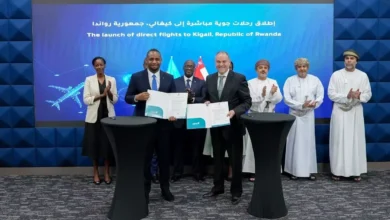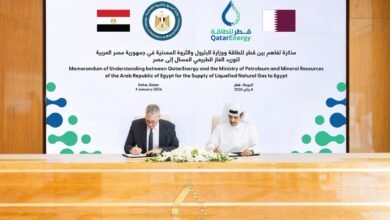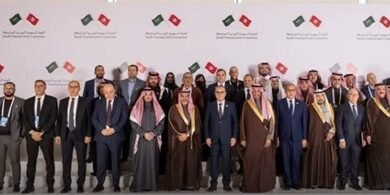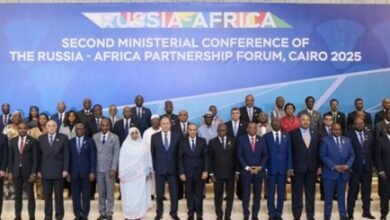Arab-African Summit : rethinking non-profit financing for sustainable solidarity
From November 20 to 21, 2025, in Rabat, the first Arab-African Summit on non-profit financing aims to transform models of solidarity between the Arab world and Africa by leveraging Islamic finance, impact investment, and digital innovation.
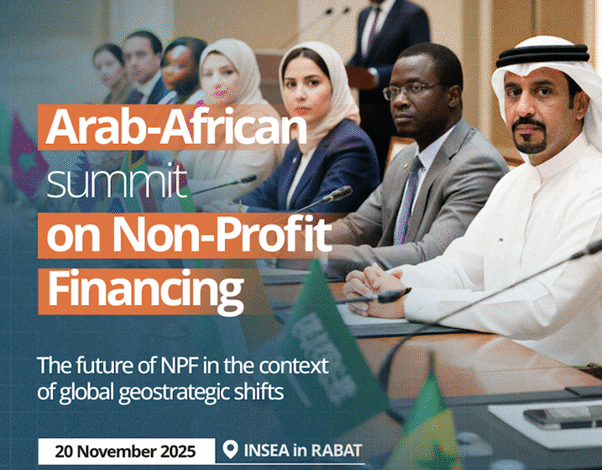
Faced with rising social needs and slowing public funding, non-profit financing in Africa and the Arab world is undergoing a crucial transformation. To address these challenges, EPIK Leaders, a pan-African association founded in January 2025, is organizing the inaugural Arab-African Summit on non-profit financing in Rabat. Its goal: reinvent funding models and strengthen bridges between public, private, and civil society actors.
Diversifying funding sources is essential to reduce dependence on international aid
According to Dr. Nizar Chaari, co-founder of EPIK Leaders, “It is essential to diversify funding sources to reduce reliance on international aid. NGOs must be able to generate their own resilience mechanisms.” This approach is particularly relevant in a context where less than 15% of public funding for non-profits in sub-Saharan Africa has been maintained at pre-pandemic levels, according to the 2025 report from the African Development Bank.
Reinventing traditional funding models using hybrid mechanisms
The summit will focus on four strategic axes. First, reinventing traditional funding models by mobilizing hybrid mechanisms combining grants, private donations, and revenue from social activities. Second, leveraging Islamic finance and impact investment, particularly through Zakat and Waqf, which already represent an estimated $80 billion annually in the Muslim world, according to the Organization of Islamic Cooperation (OIC). These instruments could be shared with African NGOs to support education, health, and agricultural projects.
Donor trust depends on transparency and accountability
The third axis concerns governance and transparency. The use of financial technologies and tracking tools will allow donors and investors to monitor the real impact of their funding. “Donor trust depends on transparency and accountability,” explains Mahmoud Cherkaoui Salhi, co-founder of EPIK Leaders. Finally, the summit aims to create a permanent Arab-African network, fostering dialogue between institutions, businesses, and NGOs, and stimulating cross-border pilot initiatives.
Concrete outcomes are expected: development of a common roadmap for more resilient financing, launching pilot projects across African and Arab countries, and establishing a permanent cooperation platform. For EPIK Leaders, which already counts over 50,000 members and 550 active clubs in 15 countries, the event represents a major step in equipping youth and civil society actors to build a sustainable future.
Reinventing regional solidarity
Africa and the Arab world now have a historic opportunity to reinvent regional solidarity, combining social innovation, sustainable finance, and citizen engagement. In a context where poverty still affects over 460 million people in sub-Saharan Africa, according to the World Bank, these initiatives could profoundly transform the non-profit landscape and strengthen social impact across the continent.
The Arab-African Summit on Non-Profit Financing is not just a diplomatic meeting: it is a catalyst for creating concrete, inclusive, and sustainable solutions that can support education, health, agriculture, and social entrepreneurship across Africa and the Arab world.



